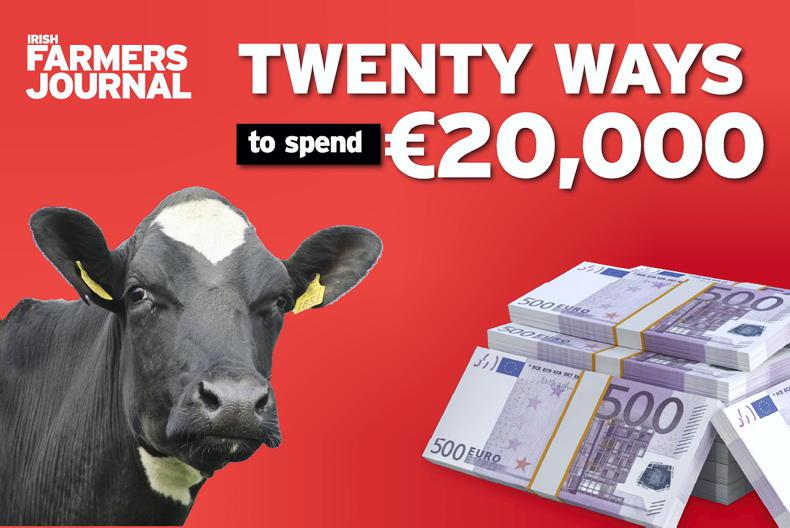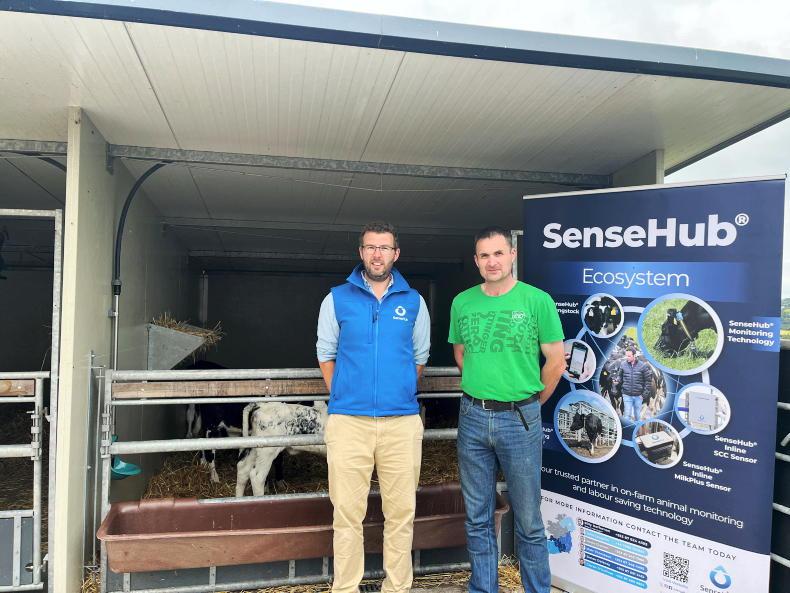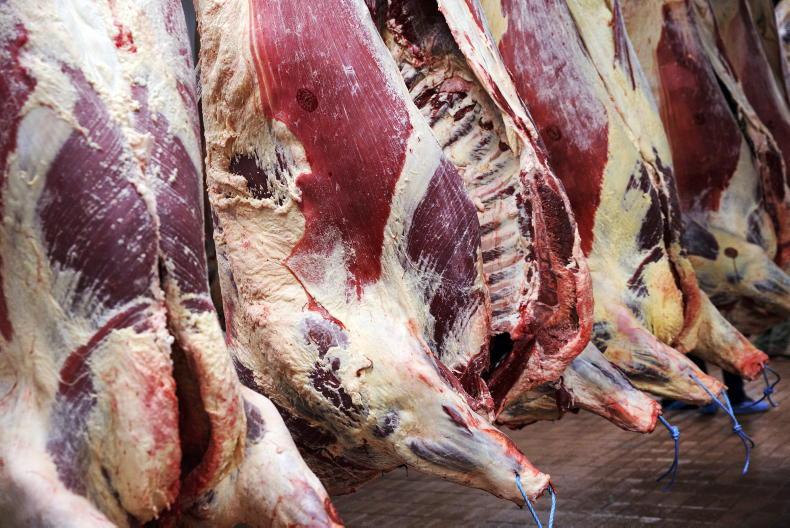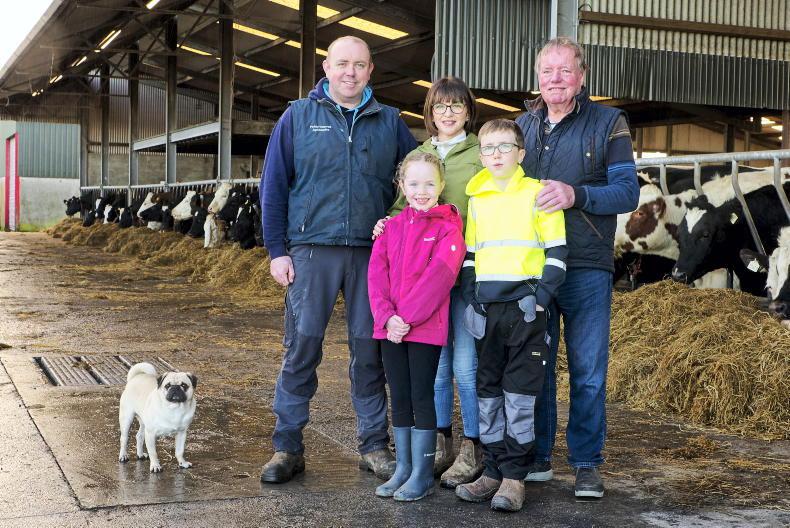In the past few weeks, I have seen outbreaks of scour and pneumonia in calves on what are very well-run farms.
I know the weather has been cold, but often we see this happening, even when it’s not freezing outside.
Farms are extremely busy places at calving time and maybe not enough attention is given to the newborn in the first few vulnerable weeks of life.
Yes, these have got the four litres or so of colostrum immediately after birth and are put into a single calf pen, but what happens then?
There is no reason to get up and walk around not to mind run
Well the calf often spends the day lying down, maybe in a straw-bedded slat, with cold iron sides, in a high roofed house.
There is no reason to get up and walk around not to mind run.
With no exercise, then the body does not function very well, as circulation slows down, intestinal movements slow and so toxins can build up very quickly.
When it’s cold, then the inclination to get up and move around is not there, so an animal will stay lying down to conserve its energy
That’s why the first thing an animal (or person) will do on getting up, is to pass faeces, wind and urine.
When it’s cold, then the inclination to get up and move around is not there, so an animal will stay lying down to conserve its energy.
Ideally, 15°C is the critical temperature requirement for calves under 21 days.
For every 5°C below this, the calf needs 50g extra replacer just to keep warm.
Unless given extra feed, it will not even be enough for maintenance and if given extra in those conditions is liable to get diarrhoea.
Calf housing is often built for older animals to account for ventilation requirements
So, if not getting sufficient nourishment because of the cold, then it’s very susceptible to pneumonia and scour and will have no reserves to fight them.
Calf housing is often built for older animals to account for ventilation requirements, but those under three weeks old need warmth and don’t produce excess heat.
Calf jackets have become very popular and are an excellent way to improve calf health and any farmer who has them will say they wouldn’t be without them now.
Jim Kelleher MVB MRCVS, CertDHH works at Riverview Veterinary Group, Bandon, Co Cork. Riverview Veterinary Group is part of XLVets. XLVets is a group of progressive practices who are working together to achieve a better future for agriculture and veterinary in Ireland. For information, see www.xlvets.ie.










SHARING OPTIONS